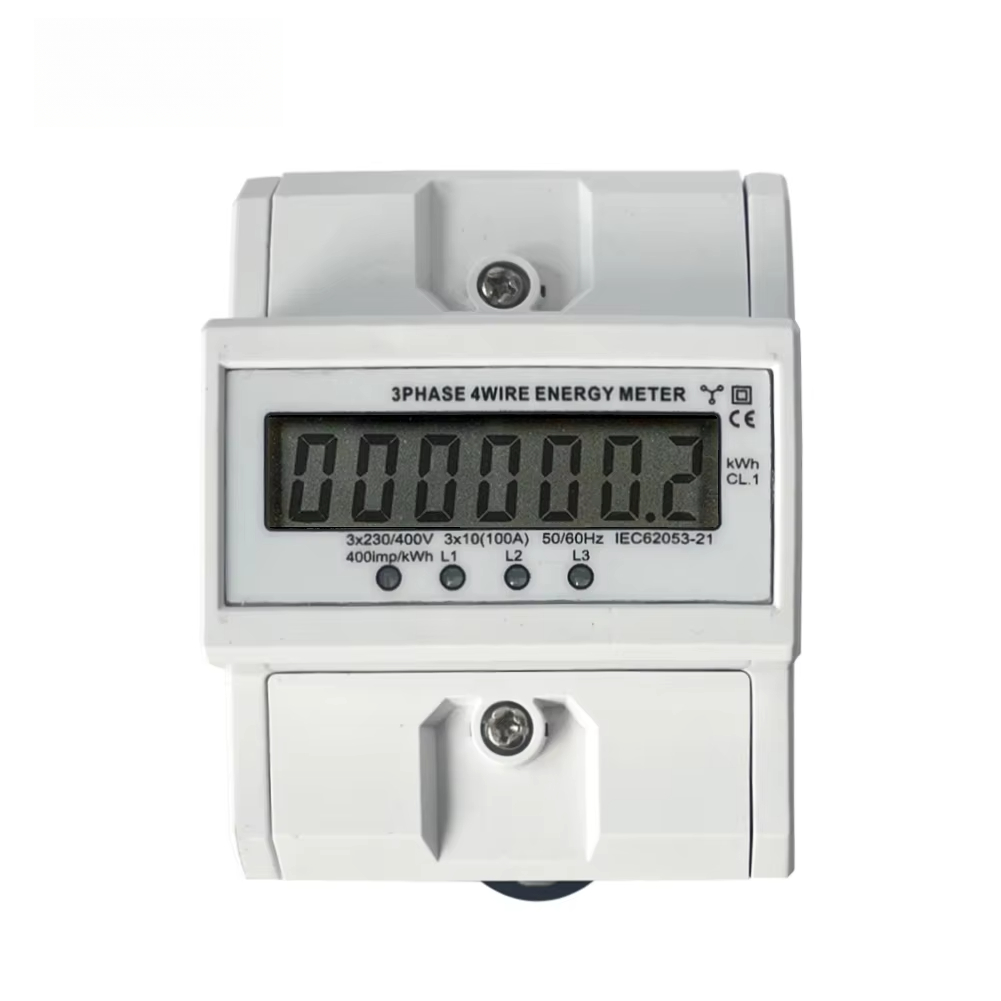About Smart Meters:
Smart meters are one of the basic devices for data collection in smart grids (especially smart distribution networks), undertaking the tasks of collecting, measuring and transmitting raw electric energy data. They are the foundation for achieving information integration, analysis and optimization, as well as information presentation.
In addition to the basic electricity consumption measurement function of traditional electricity meters, smart electricity meters also have intelligent functions such as two-way multi-rate measurement, user-end control, two-way data communication with multiple data transmission modes, and anti-electricity theft to adapt to the use of smart grids and new energy.
With the advancement of technology, mass-produced static electricity meters can obtain powerful data processing and storage capabilities at a very low cost, thereby significantly enhancing the intelligence level of small user electricity meters. Static electricity meters have gradually replaced traditional electromechanical electricity meters.
Regarding the understanding of “smart meter“, there is no unified concept internationally, nor is there a unified international standard. In Europe, the concept of “smart meter” is usually adopted, while “smart electric meter” specifically refers to smart electricity meters. The United States is accustomed to adopting the concept of “advanced meter”, but its essence is the same. Although “smart meter” is translated as “intelligent instrument” or “intelligent meter”, it mainly refers to smart electricity meters. Different organizations, research institutions and enterprises around the world have given different definitions of “smart meter” in combination with corresponding functional requirements.
LCD Digital Display Wattmeter Power Consumption Energy Electric Meter

Working principle
Smart electricity meters are advanced metering devices that collect, analyze and manage electrical energy information data based on modern communication technology, computer technology and measurement technology. The basic principle of A smart electricity meter is as follows: It relies on an A/D converter or metering chip to collect the user’s current and voltage in real time. After analysis and processing by the CPU, it realizes the calculation of forward and reverse, peak-valley or four-quadrant energy, and further outputs the electricity quantity and other contents through communication, display and other means.
Functional characteristics
(1) Reliability
The accuracy remains unchanged for a long time, no need for wheel alignment, and there is no impact on installation or transportation, etc.
(2) Accuracy
Wide range, wide power factor, sensitive start-up, etc.
(3) Function
It can implement functions such as centralized meter reading, multiple rates, prepaid payment, anti-electricity theft, and meeting the requirements of Internet access services.
(4) Cost performance
High cost performance, reserved expansion functions, and less affected by the increase in raw material prices, etc.
(5) Alarm prompt: When the remaining electricity is less than the alarm electricity, the electricity meter will always display the remaining electricity to remind the user to purchase electricity. When the remaining electricity in the meter equals the alarm electricity, the power will trip and be cut off once. The user needs to insert an IC card to restore power supply. At this time, the user should purchase electricity in time.
Post time: 4 月-22-2025


